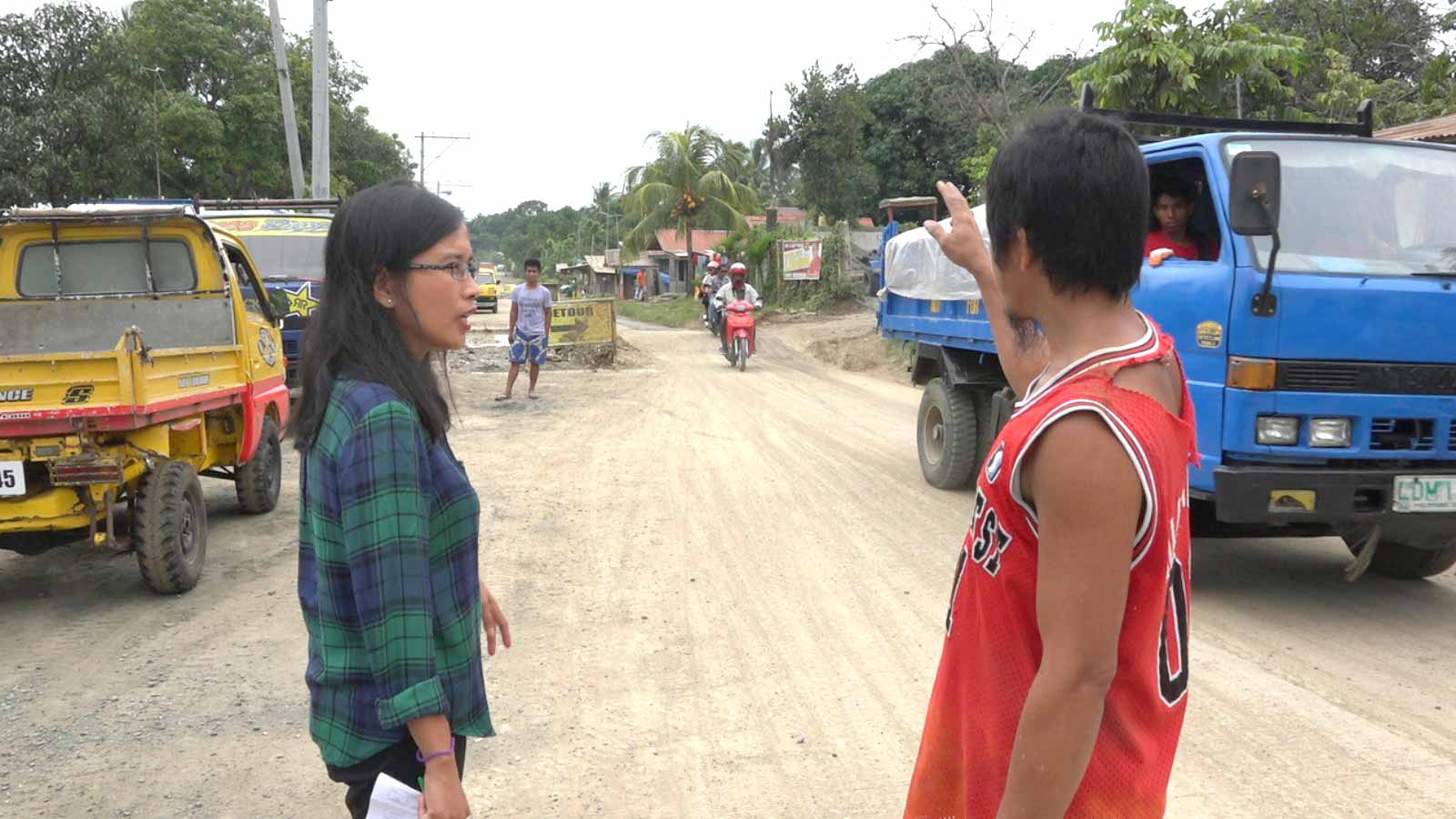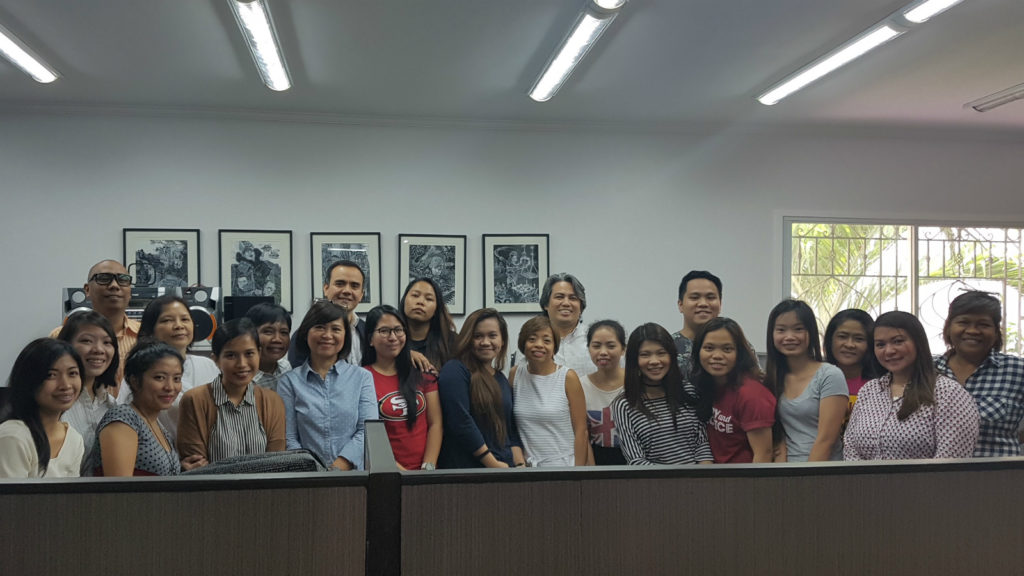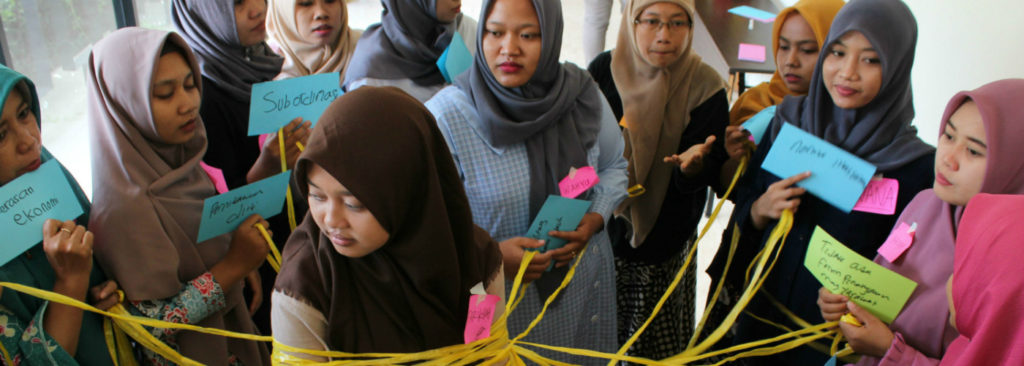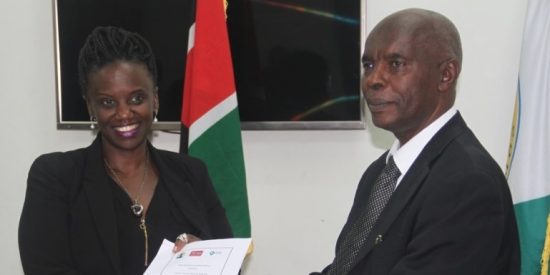The Philippine Center for Investigative Journalism meets Open Contracting
In September 2018, the Philippine Center for Investigative Journalism (PCIJ) published a series of stories exposing how President Rodrigo Duterte had poured billions of pesos in infrastructure funds into his home region, Davao. Their reporting also revealed that most of the infrastructure contracts had gone to a company owned by the family of Duterte’s Special Assistant and right-hand man, Christopher Lawrence “Bong” Go, and that many of these projects were not even close to completion.
The contracts amounted to a total of P24.5 billion (roughly $468 million). The PCIJ also reported that the company had been getting favorable treatment since 2007, when President Duterte was still mayor of Davao City.
Here follows the story of how the PCIJ, a Hivos Open Contracting partner since 2017, used the resources it had at hand – together with an open contracting lens – to unravel the tangled web of government contracts and misuse of taxpayer money in the Philippines.
One thing led to another
Karol Ilagan, a feisty and intrepid PCIJ journalist who was part of the Davao series team, tells us that like many investigative stories, it all started with an anonymous tip. “An anonymous source contacted us, so we had a lead. But you can’t just rely on that. We had to verify and validate.”
Upon initial investigation, the team confirmed what the source had told them: that Go’s father was a contractor and many of the projects were not being completed according to deadline.
But they also stumbled on more. Davao had received the lion’s share of infrastructure funds from the national government.
The team’s suspicions grew, says Ilagan. “If you have plenty of money, and then a lot of delays, the big question is – why entrust all these funds to a company that’s not even capable of finishing projects?” There was more here than just another story about a government official with a conflict of interests.
The open contracting lens
Then PCIJ looked at the entire contracting process through an open contracting lens. This involved following detailed people and paper trails by interviewing residents, consulting with agencies, doing documentary research, and assessing government records and datasets.
They were able to report not only on Go’s family business, but also on how to determine a potential contractor’s fitness to do business with the government, the Duterte administration’s pattern of awarding contracts, and the business and financial profiles of top contractors nationwide.
The publication of the series sparked the ire of Mr. Duterte’s supporters. Go himself sat down with PCIJ and asserted his innocence for two hours, insisting the reports were “unfair” and ”fake news.” Despite this, Ilagan felt confident going into the meeting because the data they had “told a different story.”
Journalists must dive deep to report on public procurement.
Reporting challenges
What the Davao series also revealed is journalists’ limited familiarity with the procurement process. To address this, Hivos provided support by linking the PCIJ to procurement experts and former government officials who provided valuable input. Consultants from the Government Procurement Policy Board and the School of Data shared their expertise, not only on procurement standards and existing processes in the Philippines, but also on innovative ways of storytelling through data visualization.
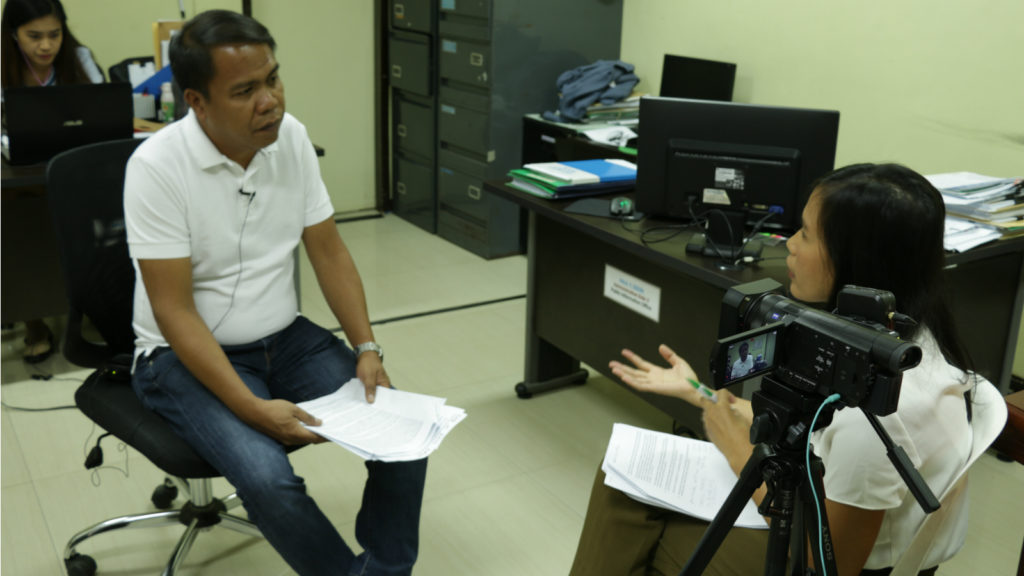
“The experts were crucial for us to complete the stories,” the PCIJ affirms, adding that it would be good to keep this network to help reporters understand complicated procurement stories.
This means traditional investigative methods remain as important as ever for putting together a story. “We can’t rely only on documents”, Ilagan explains. “We interview residents to validate our information and make do with what is available.”
Sharing lessons learned
In 2018, the PCIJ held a public forum and a training session for fellow journalists to share its knowledge on investigating contracts and detecting red flags in procurement. PCIJ journalists explained how they accessed relevant documents and data used in the reports, as well as how they overcame challenges along the way. These sessions will continue throughout 2019 and 2020.
Our long-term goal is to nurture a culture for investigating contracts.
Loopholes the size of black holes
The PCIJ is now embarking on its next set of investigative reports. “While doing the Davao stories, we came across leads to yet other stories,” Ilagan explains. “The open contracting process makes you aware of other things you can check. And when you check more and more, you don’t just have one story. You have a whole series!”
The PCIJ has set its eyes on investigating school building procurements – a sector that has managed to go under the radar with its contracting practices. “You don’t have to look far to see ghost buildings and school buildings that are extremely sub-standard,” Ilagan says.
Other investigations are also underway. Any new series will be as grounded in open contracting principles as the Davao exposé. Ilagan explains that using these principles is crucial for writing investigative stories because they reveal a systemic problem of weak institutions and its loopholes. This is what lies behind most of the stories.
Stories often focus on the implementation of government projects, because that’s where you find the scandals.
Press freedom in the pressure cooker
Press freedom has been under pressure since Duterte became president. The recent arrest of Maria Ressa, CEO of the news website Rappler, just goes to show how dangerous the work of a journalist can be in the Philippines.
Despite an increasingly hostile environment, PCIJ has steadily built up its reputation and impact by years of investigative journalism. With Hivos’ support through the Open Contracting program, it has also strengthened its capacity and filled gaps in expertise. The PCIJ envisions many years to come as a cutting-edge investigative media organization, enhanced by the tools provided through its partnership with Hivos.
See also:
Public Contracting in the Philippines: Breakthroughs and Barriers. A case study on the procurement of infrastructure projects by the Department of Public Works and Highways, with support from Hivos and Article 19.

